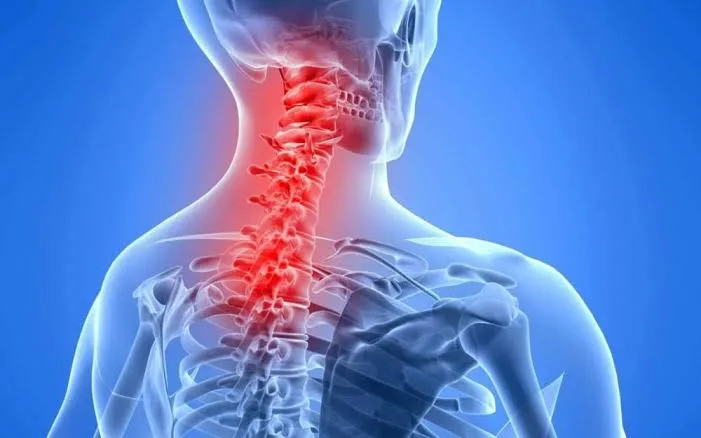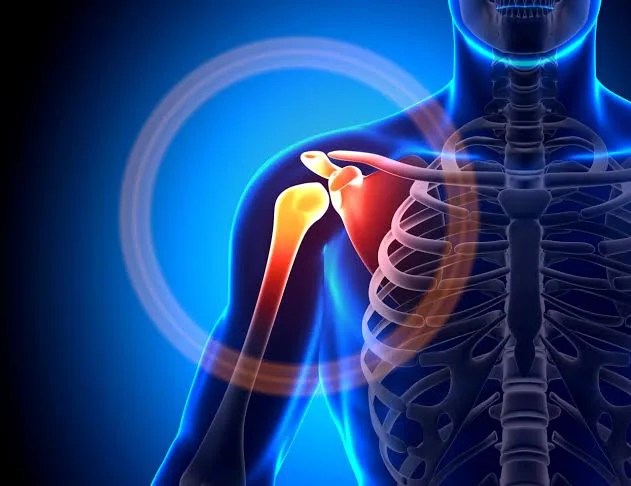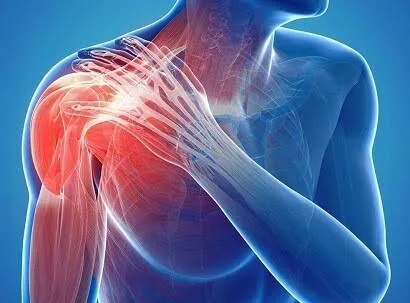For individuals who have undergone neck surgery, experiencing pain in the shoulder region can be a concerning and debilitating complication. This type of pain can manifest in various ways, from a dull ache to sharp, stabbing sensations, and can significantly impact daily activities and overall quality of life.

*Causes of Shoulder Pain After Neck Surgery*
Several factors can contribute to shoulder pain after neck surgery. Some of the most common causes include:
1. *Muscle disruption*:
During neck surgery, muscles in the neck and shoulder region may be cut, stretched, or retracted, leading to pain and stiffness in the shoulder.
2. *Nerve irritation*:
The nerves that run from the neck to the shoulder can become irritated or damaged during surgery, causing pain, numbness, or tingling in the shoulder region.
3. *Poor posture*:
After neck surgery, patients may alter their posture to avoid discomfort or pain, leading to strain on the shoulder muscles and joints.
4. *Pre-existing conditions*:
Patients with pre-existing shoulder conditions, such as rotator cuff injuries or osteoarthritis, may experience exacerbated symptoms after neck surgery.

*Symptoms and Diagnosis*
Shoulder pain after neck surgery can manifest in different ways, including:
– Pain or stiffness in the shoulder or upper back
– Limited range of motion in the shoulder joint
– Numbness or tingling sensations in the arm or hand
– Weakness or fatigue in the shoulder or arm
A thorough diagnosis by a healthcare professional is essential to determine the underlying cause of shoulder pain after neck surgery. This may involve a physical examination, imaging tests (such as X-rays or MRIs), and electromyography (EMG) to assess nerve function.
*Treatment Options*
Treatment for shoulder pain after neck surgery depends on the underlying cause and severity of symptoms. Some common treatment options include:
1. *Physical therapy*:
Gentle exercises and stretches can help improve range of motion, strengthen muscles, and reduce pain.
2. *Pain management*:
Medications, such as pain relievers or muscle relaxants, may be prescribed to manage pain and discomfort.
3. *Heat or cold therapy*:
Applying heat or cold packs to the affected area can help reduce pain and inflammation.
4. *Posture correction*:
Maintaining good posture and using ergonomic supports can help reduce strain on the shoulder muscles and joints.

*Coping Strategies and Prevention*
To minimize the risk of shoulder pain after neck surgery, patients can take several steps:
1. *Follow post-operative instructions*:
Adhering to the surgeon’s instructions for post-operative care can help reduce the risk of complications.
2. *Maintain good posture*:
Practicing good posture and using ergonomic supports can help reduce strain on the shoulder muscles and joints.
3. *Engage in gentle exercises*: Gentle exercises and stretches can help improve range of motion and reduce stiffness in the shoulder joint.
By understanding the causes and treatment options for shoulder pain after neck surgery, patients can take proactive steps to manage their symptoms and improve their overall quality of life. If you’re experiencing shoulder pain after neck surgery, consult with your healthcare provider to develop a personalized treatment plan.
